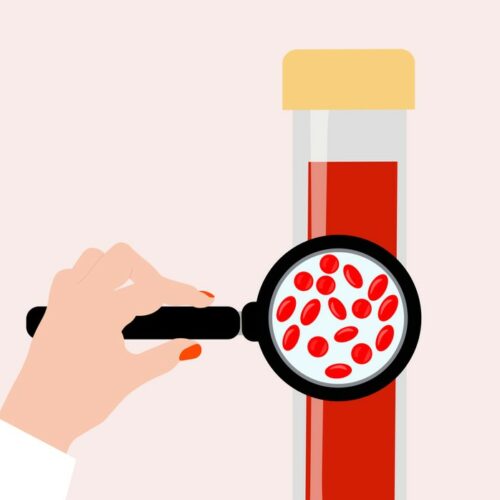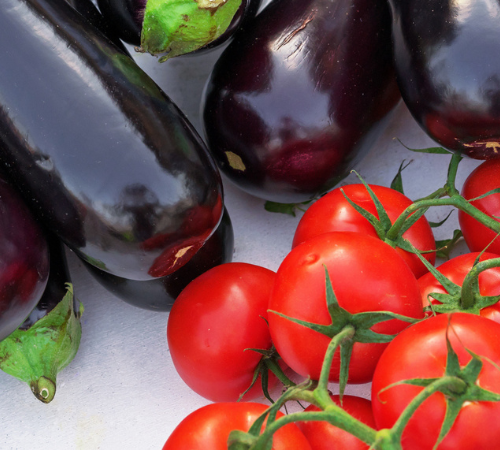
Q: "News reports recently quoted research from the American Heart Association where people eating chocolate with a sufficiently high percentage of cocoa beans experienced a reduction in their cholesterol levels. Both Whittaker and Cadbury sell chocolate with very high percentages of cocoa solids (listed as cocoa butter). Should people who are seeking to lower their 'bad' cholesterol, and increase their 'good' cholesterol, choose these products for that purpose, and, if so, how much?"
Paul
A: We asked dietitian Janice Bremer, who specialises in the effects of diet on cardiovascular disease, to respond:
" 'A bar a day to keep heart attacks away? No way!' This was a study published in a journal of the American Heart Association but "does not necessarily reflect association policy or position". It is one of only two studies finding that people eating 100g of dark or high-flavanol chocolate daily for two weeks had lower LDL-cholesterol (bad cholesterol) than when people ate white or low-flavanol chocolate. In another four studies there was no cholesterol lowering. Reducing foods rich in saturated fats is more effective for lowering LDL-cholesterol.
Cocoa butter raises LDL-cholesterol when compared with unsaturated oils like olive or soy oil, but reduces LDL-cholesterol when compared with dairy butter. These effects are due to the type and amounts of saturated fats in these foods.
The 'non-butter' part of cocoa, the cocoa mass or non-fat solids, is rich in flavonoids not found in cocoa butter. Particularly active cocoa flavonoids called 'flavanols' are among the hundreds of polyphenols we eat in plant foods, which have antioxidant actions linked with reducing risk of heart attack or stroke.
Several short chocolate-eating or cocoa-drinking studies have found lower blood pressure and fewer signs of oxidative damage or clotting in blood as likely benefits of flavanols. But these studies only tell us that dark is better than white chocolate, not that chocolate is better than other high-flavonoid foods that also have these effects.
Any solid chocolate is one of the densest foods on the planet. There are around 2,200 kilojoules in 100 grams. One-third to half of dark chocolate is added sugar and 40-50% is fat, of which more than half is saturated.
How much dark chocolate is okay? After we've had the healthy foods we need, there's not much room left for high-kilojoule foods. It becomes a trade-off with other high-kilojoule foods such as alcohol, other sweets, bakery or fatty foods. We might fit in three 50g bars a week without gaining weight. But if we want to lose weight, have diabetes or cholesterol problems, 50-100g a week in place of other high-kilojoule foods is a fair limit."
www.healthyfood.com










